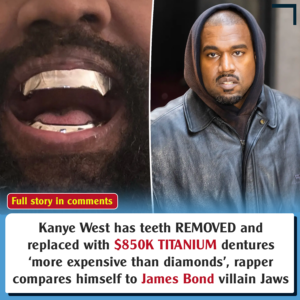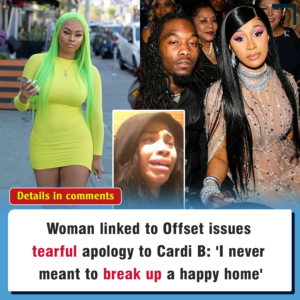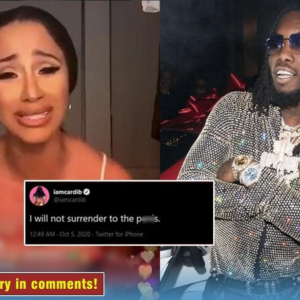American comedian Chris Rock once shared his opinions on black male actors dressing up in drag in a Tyler Perry-esque fashion. In an interview, the Everybody Hates Chris alum expressed that he didn’t wish highly celebrated personalities like Will Smith and Denzel Washington to adapt to this particular trope. Chris Rock shared his opinions on black actors dressing in drag
Chris Rock shared his opinions on black actors dressing in drag
With how scarce movies are in their representation of the black community, Rock didn’t wish to see movies led by Smith and Washington utilizing similar character archetypes constantly. On another occasion, in praise of Perry, the comedian talked about how the Madea star makes movies for women. Additionally, he enunciated his desire to see more projects penned, led, and produced by black women.
Chris Rock Didn’t Want To See Denzel Washington And Will Smith In A Dress
 Will Smith and Denzel Washington
Will Smith and Denzel Washington
Talking to Vibe Magazine, Chris Rock stated how he felt about potentially seeing Will Smith or Denzel Washington don a dress. The comedian’s comment was about Tyler Perry‘s character Madea. Several complaints have been leveled at Perry’s role as Madea. Some have accused the actor of playing into and perpetuating black stereotypes. Others have argued that the cross-dressing element is a misappropriation of drag culture. In a nutshell, the character’s reception hasn’t always been warm.
Nevertheless, Chris Rock voiced his appreciation for Perry donning a dress and embodying the character but affirmed his disapproval of other established black actors doing so. Take a look:
“Tyler Perry is great in a dress, but I don’t want to see Denzel or Will Smith in a dress. And I don’t think we’re in any danger of seeing that. [The black community] doesn’t have that many movies, so if there’s only four black movies in a year and two of them star black men in dresses, I could see how that would upset some people. But that’s a job for some people.” Chris Rock’s opinions on black male actors dressing up in drag
Chris Rock’s opinions on black male actors dressing up in drag
He sympathized with those who might be concerned about seeing black representation reduced to a common media trope. However, he also recognized that it functions as a job for certain people. Talking about making a difference in the entertainment industry and hoping for more black woman-driven movies, Chris Rock believes Tyler Perry has had an important role to play in this matter.
Chris Rock Believed Tyler Perry’s Films Are For Women
 Tyler Perry as Mable “Madea” Earlene Simmons
Tyler Perry as Mable “Madea” Earlene Simmons
Rock shared with Vibe Magazine (via Shadow and Act) his thoughts on movies made for the black community. Making films, according to the comedian/filmmaker, should not be about filling a void. Telling a story should be the ultimate goal. Yearning for more black-driven storytelling, Rock expressed a desire to see women in the community take the reins of film projects. He further emphasized the need for it.
Take a look:
“I want more Black movies. I wish that [Black] women would get involved in the production and the writing and directing of more of them. That’s what I wish. For Black movies anyway. […] I think there’s an absolute space for [black female writers]. I think there’s a need for it.” Chris Rock
Chris Rock
Elucidating Hollywood mogul Tyler Perry’s association with the subject matter, Chris Rock stated:
“Tyler Perry makes movies for women. I wouldn’t even say the female Tyler Perry. The real Tyler Perry. Not that there is anything wrong with him making the movies. Even he’ll probably tell you, you know a woman should probably be doing this. But he’s doing it, and he’s doing a great job at it.”
Chris Rock’s desire to see more of such projects does highlight a significant issue within Hollywood. Although measures are being taken daily to guarantee that all voices have the chance to share their narratives, there is still more work to be done in the fight against damaging stereotypes and representational prejudice in films and television shows.





